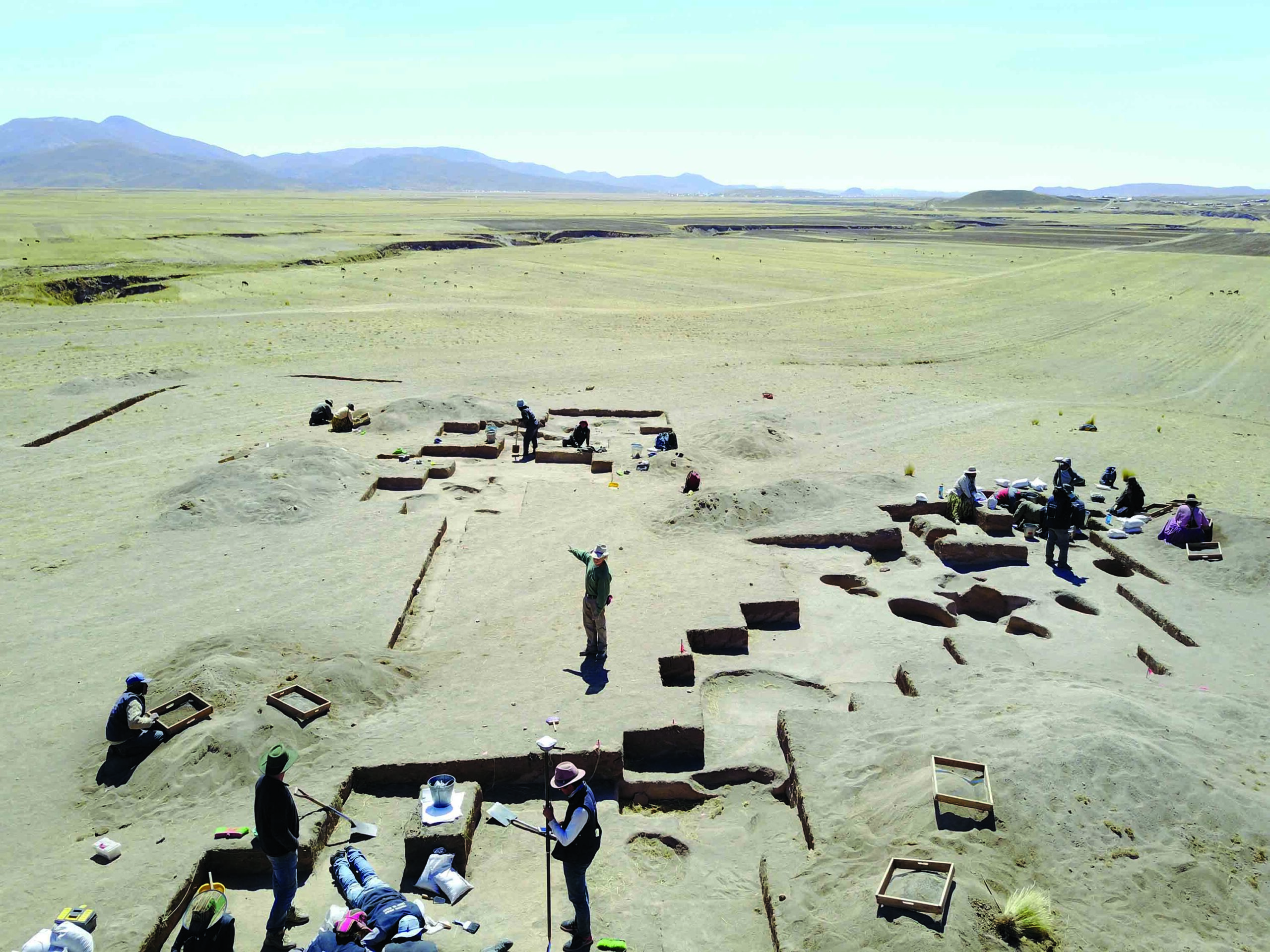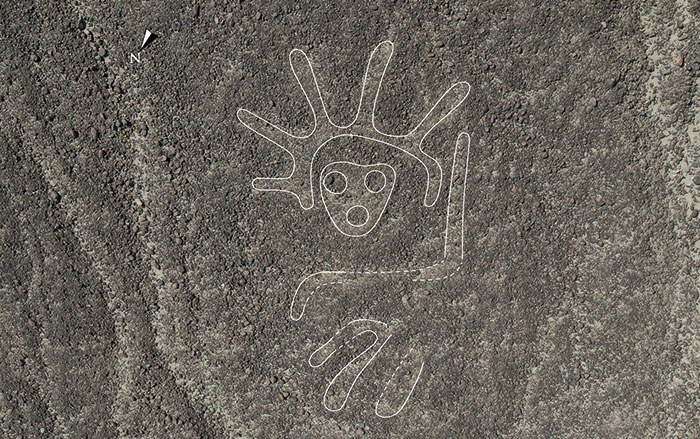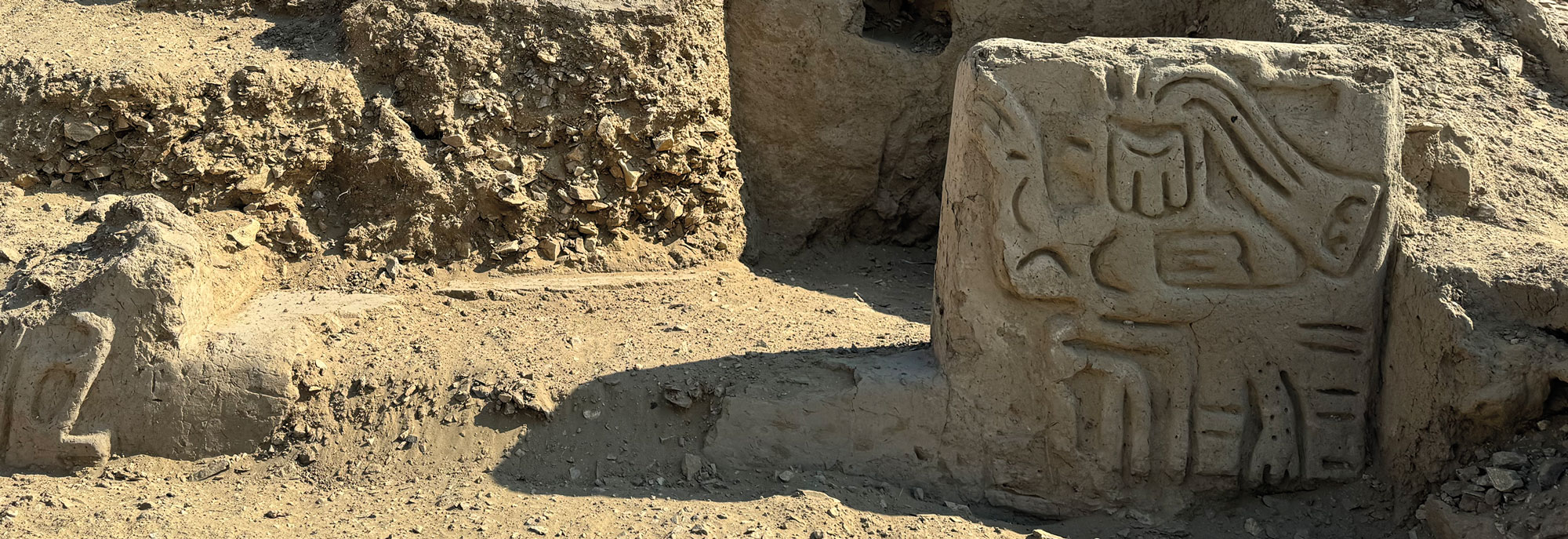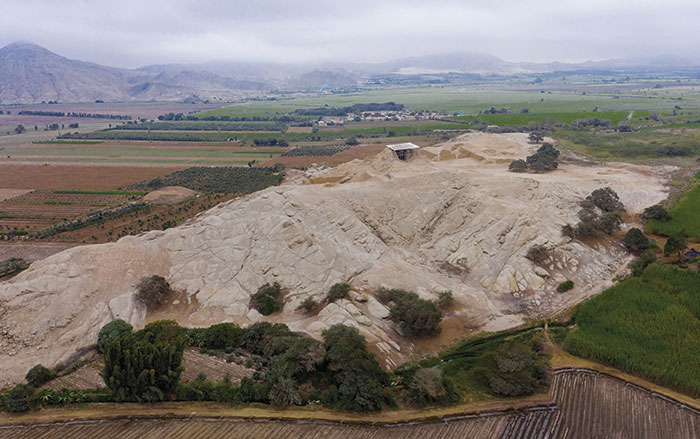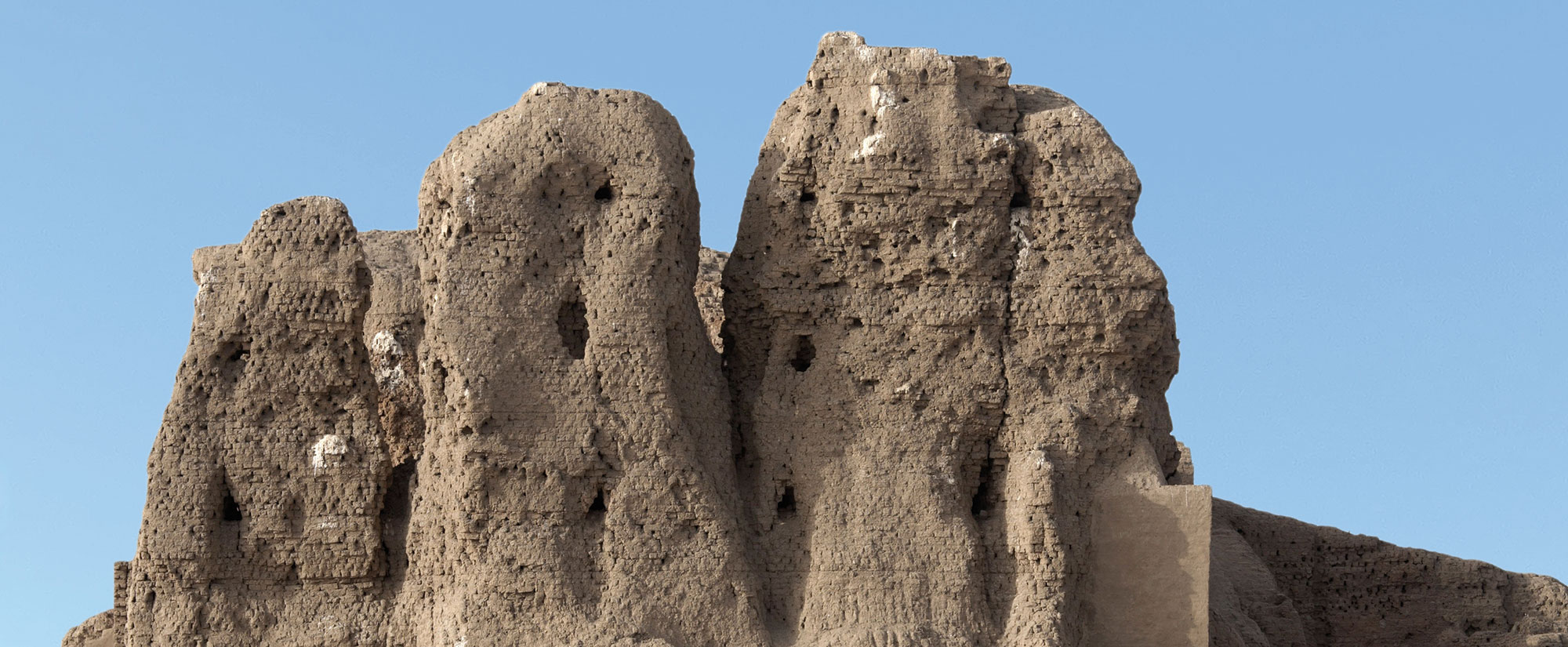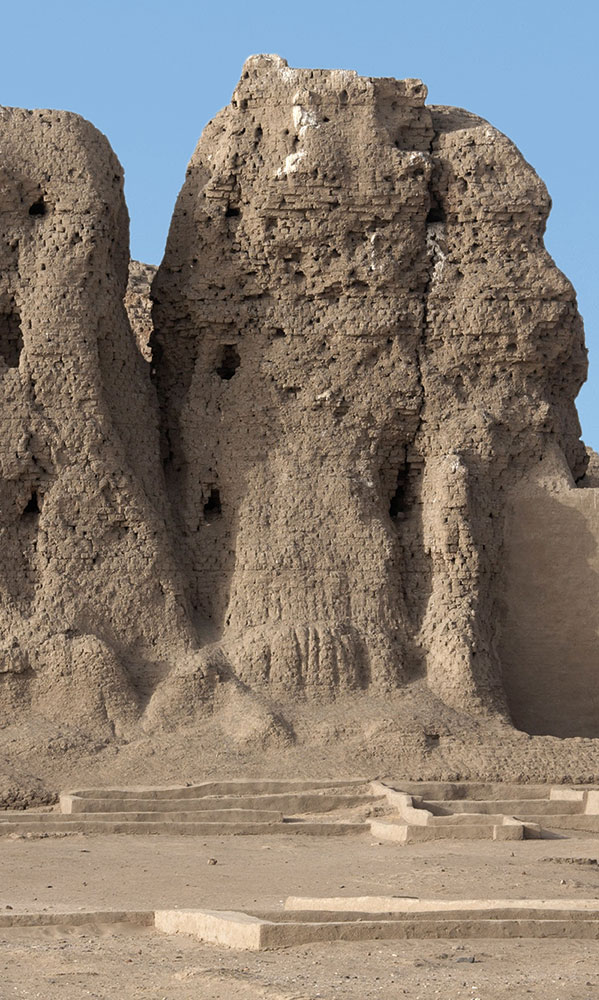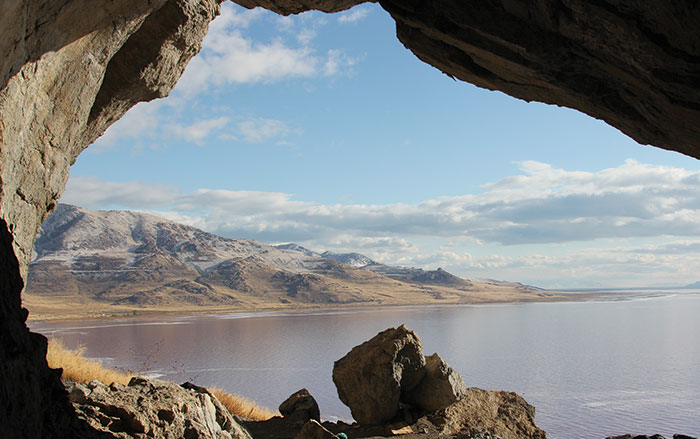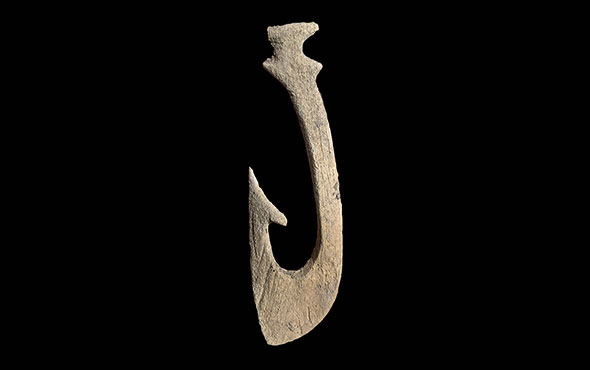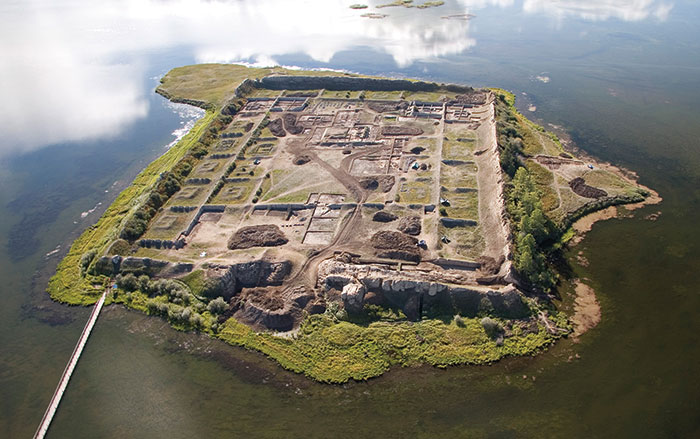
DAVIS, CALIFORNIA—Nine-thousand-year-old human remains discovered at the Andean highland site of Wilamaya Patjxa in Peru appear to have belonged to a woman hunter buried with a toolkit of projectile points and animal processing implements, according to a report in Science Magazine. Employing a combination of osteological, proteomic, and isotopic analysis, researchers determined that the hunter was a young adult female whose diet consisted mostly of terrestrial plants and animals. The team says that the discovery may overturn long-held assumptions within anthropology about the division of labor in ancient hunter-gather societies. "Early big-game hunting was likely gender neutral," said archaeologist Randy Haas of the University of California, Davis. The team concedes that more evidence from around the world will be needed to debunk the stereotype of man the hunter and woman the gatherer, which has dominated the study of ancient societies for decades. To read more about the archaeology of Peru, go to "Idol of the Painted Temple."


